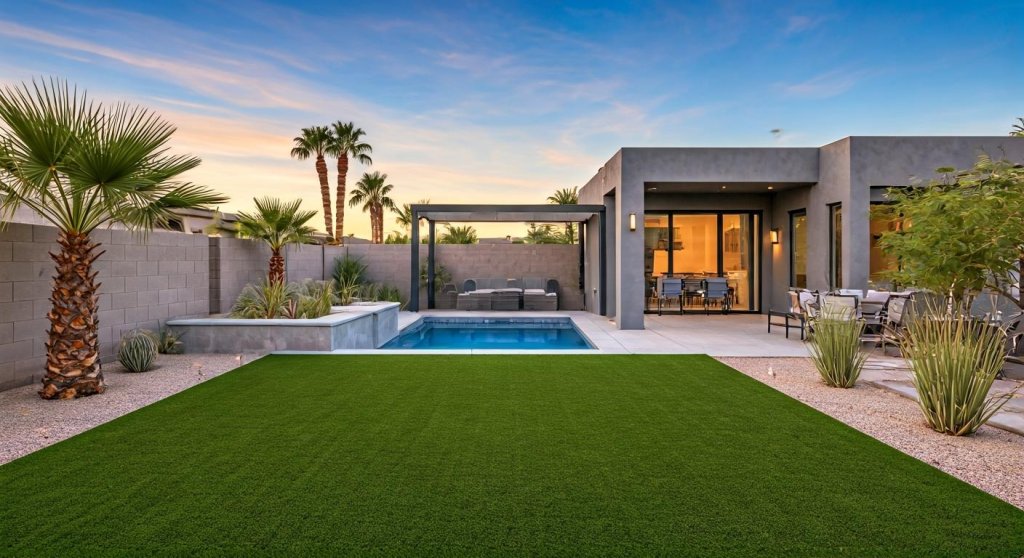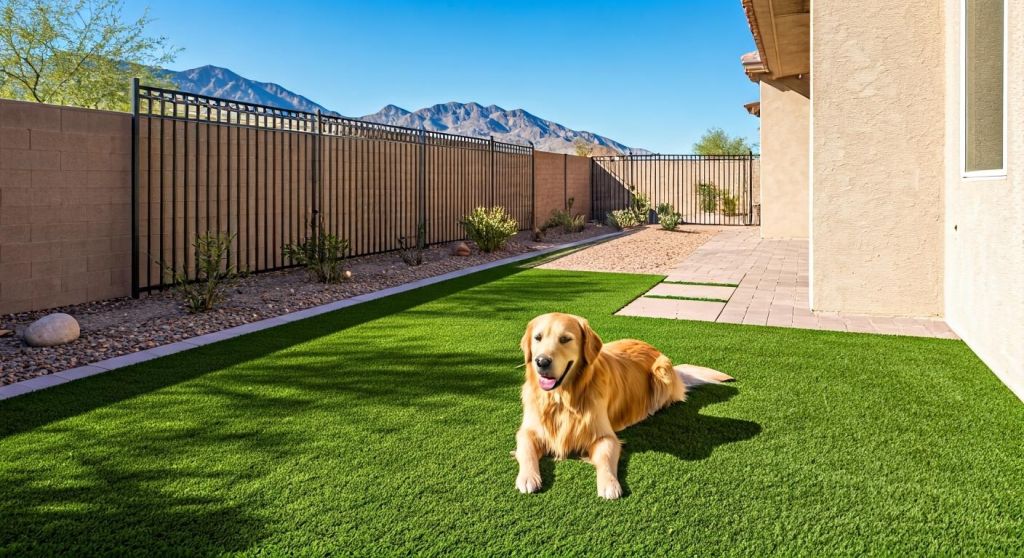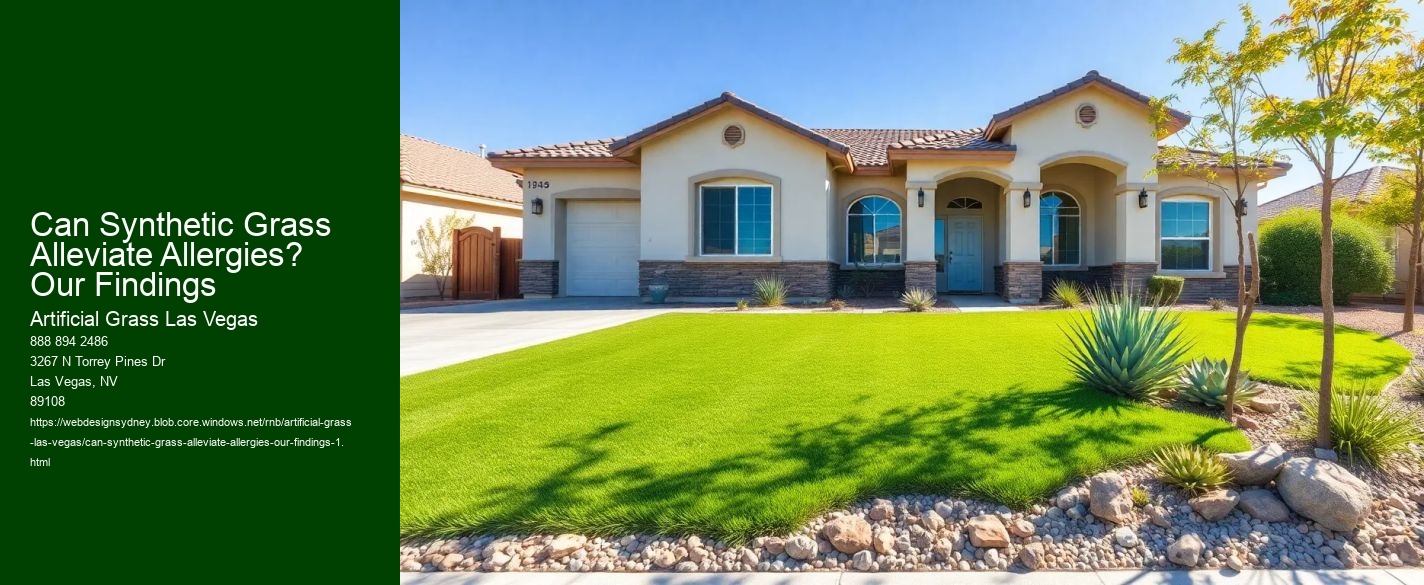Common Allergens Found in Traditional Grass
When it comes to traditional grass, there are several common allergens that can cause quite a bit of trouble for allergy sufferers. Quality Artificial Grass Vegas Nevada. Las Vegas Turf For High Traffic Areas Pollen from grass, especially during the spring and summer months, is one of the biggest culprits! It floats around in the air and can trigger sneezing, itchy eyes, and all sorts of other irritating symptoms. In addition to pollen, mold spores can also be found in grassy areas, especially if the grass gets damp. These tiny spores can easily become airborne and lead to respiratory issues for some people.
Another factor to consider is the insects that tend to thrive in grassy environments. For instance, certain types of grass can attract bugs like fleas and ticks, which can carry their own allergens. Even if you think youre safe, you might not realize that these little critters are lurking in your backyard!
So, how does synthetic grass fit into all of this? Well, one of the major advantages of artificial turf is that it doesnt produce pollen, which means theres less chance of triggering those pesky allergies. Plus, synthetic grass doesn't require the same kind of maintenance as natural grass, which often involves mowing, watering, and fertilizing-activities that can stir up allergens from the soil and surrounding plants.
It's not just about eliminating pollen, though. Synthetic grass can also help reduce mold growth since it drains better and dries quicker than traditional grass. This could mean fewer mold spores floating around, which is definitely a plus for anyone sensitive to mold.
In conclusion, while traditional grass can be a beautiful addition to any yard, it comes with its fair share of allergens. Synthetic grass offers a promising alternative that could alleviate some of these allergy woes. By making the switch, you might just find that your outdoor space becomes a more enjoyable place to relax without all the sneezing and sniffles!

How Synthetic Grass Differs from Natural Grass
When it comes to the debate between synthetic grass and natural grass, there's a lot to consider, especially if youre looking into how these surfaces can impact allergies. First off, let's get one thing straight: synthetic grass is made from plastic materials, while natural grass is, well, well... natural! This fundamental difference sets the stage for how each type of grass can affect allergy sufferers.
One major point of difference is that natural grass can produce pollen, which is a common trigger for allergy symptoms. During certain seasons, those tiny pollen grains can really cause havoc for people with hay fever or other similar issues. On the other hand, synthetic grass doesn't produce any pollen at all! So, in this sense, it can definitely be a relief for those who are sensitive to allergens. Imagine having a yard where you can enjoy the outdoors without sneezing every five minutes!
But it's not just about pollen. Eco-Friendly Turf Installation Las Vegas Natural grass also attracts insects like bees and other critters that can sometimes lead to allergic reactions. Synthetic turf, however, doesn't provide a habitat for these bugs, so you won't have to worry about unexpected stings or bites. That's a plus, right?

However, it's important to note that synthetic grass isnt completely free of allergens. Dust and debris can still accumulate on its surface, which might trigger some reactions for certain individuals. But compared to the potential of natural grass, which can create a whole host of allergy problems, synthetic grass seems like a better option for many.
In conclusion, while both options have their pros and cons, synthetic grass generally stands out as a better choice for those looking to alleviate allergy symptoms. It's a low-maintenance alternative that allows you to enjoy your outdoor space without the constant worry of allergic reactions! So, if youre tired of sneezing your way through spring, maybe it's time to consider a change!
Impact of Synthetic Grass on Allergen Levels
Well, it turns out that the impact of synthetic grass on allergen levels aint as straightforward as one might think! You see, while many folks assume that switching to artificial turf could drastically cut down on their allergy woes, the truth is a bit more complicated.

Sure, synthetic grass doesnt grow (which means no pesky pollen from flowers or grass), but it does accumulate dust, mold, and even pet dander. Now, I know what youre thinking - how could something not alive cause so much trouble? But hey, its the little things that can really get under our skin!
So, does this mean synthetic grass cant help us at all with allergies? Not necessarily. For people who are highly allergic to grass pollen, artificial turf might be a lifesaver. However, if dust mites or mold are your nemesis, well, you might still find yourself sneezing and wheezing.
But heres a kicker - cleaning and maintaining synthetic grass can actually reduce allergens. Regular vacuuming and washing can keep the surface relatively free from the stuff that makes your eyes water and your nose run. So, its not all bad news!
Can Synthetic Grass Alleviate Allergies? Our Findings - Las Vegas Turf For High Traffic Areas
- Las Vegas Commercial Artificial Turf Supplier
- Las Vegas Turf For High Traffic Areas
- Eco-Friendly Turf Installation Las Vegas
In the end, whether synthetic grass alleviates your allergies comes down to what exactly youre allergic to. Its kinda like choosing between chocolate and vanilla ice cream - both have their pros and cons depending on your taste buds!
Additional Benefits of Using Synthetic Grass for Allergy Sufferers
Sure thing! Heres a short essay with the requested characteristics:
Additional Benefits of Using Synthetic Grass for Allergy Sufferers
Wow, imagine not having to deal with sneezing fits and itchy eyes every time you step outside your home! For allergy sufferers, synthetic grass can be a real lifesaver. Unlike regular grass, synthetic turf doesnt produce pollen, which is a major allergen for many people. This means no more seasonal allergies, and thats got to be a relief!
Another perk is that synthetic grass doesn't attract as many insects as natural grass does. Bees, mosquitoes, and other bugs can sometimes trigger allergic reactions, but with synthetic turf, these pests aren't as prevalent. Of course, it's not a guarantee that you won't encounter any insects at all, but the reduction can make a big difference.
And let's not forget about mold and mildew. These nuisances love damp conditions and can grow on natural grass, especially in areas with poor drainage or frequent rain. Because synthetic grass is made from artificial materials, it doesn't retain moisture in the same way that real grass does. So, you don't have to worry about mold and mildew spores floating around in your outdoor space, causing more problems for your allergies.
But here's the thing – synthetic grass isn't perfect. It requires occasional cleaning with a pressure washer to remove dirt and debris, which could be a chore if you're not into yard work. Also, while it doesn't produce pollen, it can still collect dust and pet dander if you have pets or kids running around. So, it's not like you can just forget about all maintenance responsibilities.
Overall, though, switching to synthetic grass can significantly reduce exposure to common allergens, making outdoor activities much more enjoyable for those who suffer from allergies. Hey, it's a small price to pay for better quality air and less irritation, right?!




